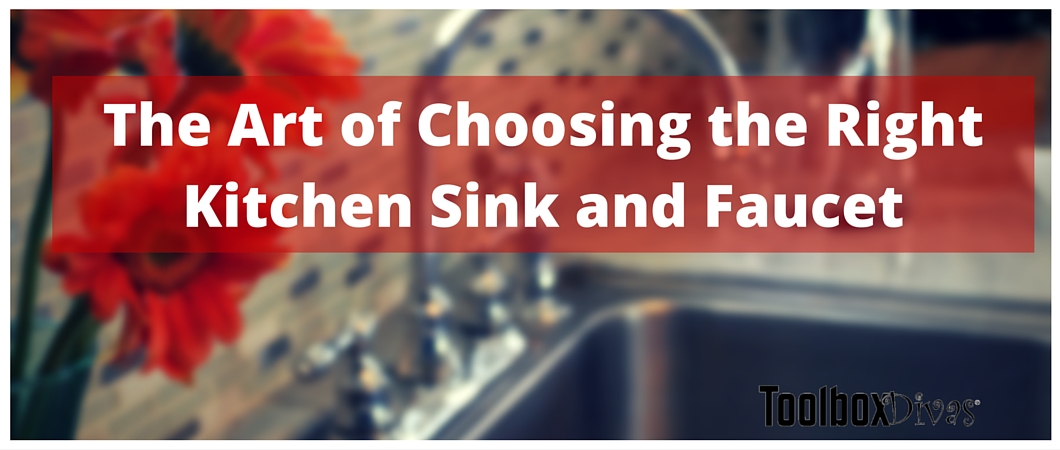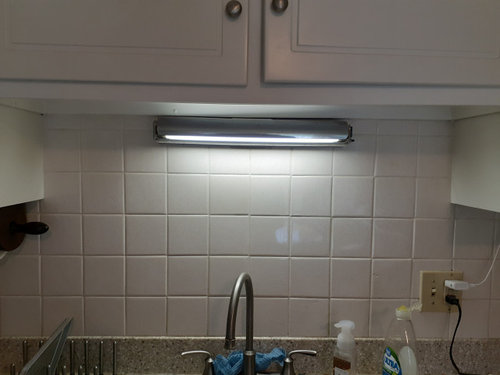Dealing with hard water buildup in your kitchen sink can be frustrating and unsightly. Hard water deposits can cause your sink to look dirty and can even clog your drain over time. But don't worry, with the right tools and techniques, you can easily remove hard water buildup from your kitchen sink and keep it looking clean and shiny. Here are some tips to help you get rid of hard water buildup in your kitchen sink.How to Remove Hard Water Buildup from a Kitchen Sink
One of the first places you may notice hard water buildup in your kitchen sink is in the drain. Over time, minerals from hard water can build up in your drain, causing it to become clogged and smelly. To clean your kitchen sink drain, start by pouring boiling water down the drain to loosen any debris. Then, mix equal parts baking soda and vinegar and pour it down the drain. Let it sit for a few minutes and then rinse with hot water. This will help dissolve any mineral buildup and leave your drain smelling fresh.How to Clean a Kitchen Sink Drain
Hard water stains on your kitchen faucet can make it look dull and dirty. To get rid of these stains, make a paste using equal parts baking soda and water. Apply the paste to the faucet and let it sit for 15-20 minutes. Then, use a soft-bristled brush to scrub the stain. Rinse with water and dry with a clean cloth. You can also use a lemon half to scrub away hard water stains and leave your faucet smelling fresh.How to Get Rid of Hard Water Stains on Faucets
If you prefer to make your own natural cleaning solutions, there are a few options for removing hard water stains from your kitchen sink. One DIY solution is to mix equal parts white vinegar and water and spray it onto the sink. Let it sit for a few minutes and then wipe away with a clean cloth. Another option is to mix lemon juice and baking soda to create a paste, apply it to the sink, and let it sit for 15-20 minutes before rinsing off with water.DIY Hard Water Stain Remover for Kitchen Sink
The best way to deal with hard water buildup is to prevent it from happening in the first place. To prevent hard water deposits in your kitchen sink, you can install a water softener system or use a water filter. These solutions will help remove minerals and impurities from your water, preventing them from building up in your sink. You can also use a squeegee to wipe down your sink after each use to prevent water droplets from sitting and leaving behind mineral deposits.How to Prevent Hard Water Buildup in Kitchen Sink
If you prefer to use commercial products to remove hard water buildup from your kitchen sink, there are plenty of options available. Look for a cleaner specifically designed for removing hard water stains and deposits. These cleaners often contain citric acid or other minerals to help dissolve and remove stubborn buildup. You can also find specialty scrub brushes designed to remove hard water stains from sinks and faucets.Best Products for Removing Hard Water Deposits in Kitchen Sink
If your kitchen sink drain is already clogged with hard water buildup, you may need to take more drastic measures to clean it. One option is to use a drain snake to remove any debris or buildup that may be causing the clog. You can also try using a mixture of baking soda and vinegar, as mentioned earlier, to dissolve the clog. If these methods do not work, you may need to call a plumber to professionally clean your drain.How to Clean a Clogged Kitchen Sink Drain
Aside from the DIY solutions mentioned earlier, there are other natural remedies you can use to remove hard water stains from your kitchen faucet. For example, you can use a cloth soaked in white vinegar to wrap around the faucet and let it sit for a few hours. The vinegar will help dissolve the minerals and make it easier to scrub away the stains. You can also use a mixture of lemon juice and salt to create a paste and scrub away stubborn stains.Natural Remedies for Removing Hard Water Stains from Faucets
When it comes to removing hard water deposits from your kitchen faucet, prevention is key. Regularly cleaning and wiping down your faucet will help prevent buildup from occurring. However, if you do notice hard water deposits, using a commercial cleaner specifically designed for faucets or a DIY solution, such as vinegar or lemon juice, can help remove the buildup. Remember to always rinse and dry your faucet after cleaning to prevent future buildup.How to Remove Hard Water Deposits from Kitchen Faucet
To keep your kitchen sink and faucet in top condition, here are a few tips to follow:Tips for Maintaining a Clean Kitchen Sink and Faucet
The Impact of Hard Water Buildup on Your Kitchen Sink and Faucet
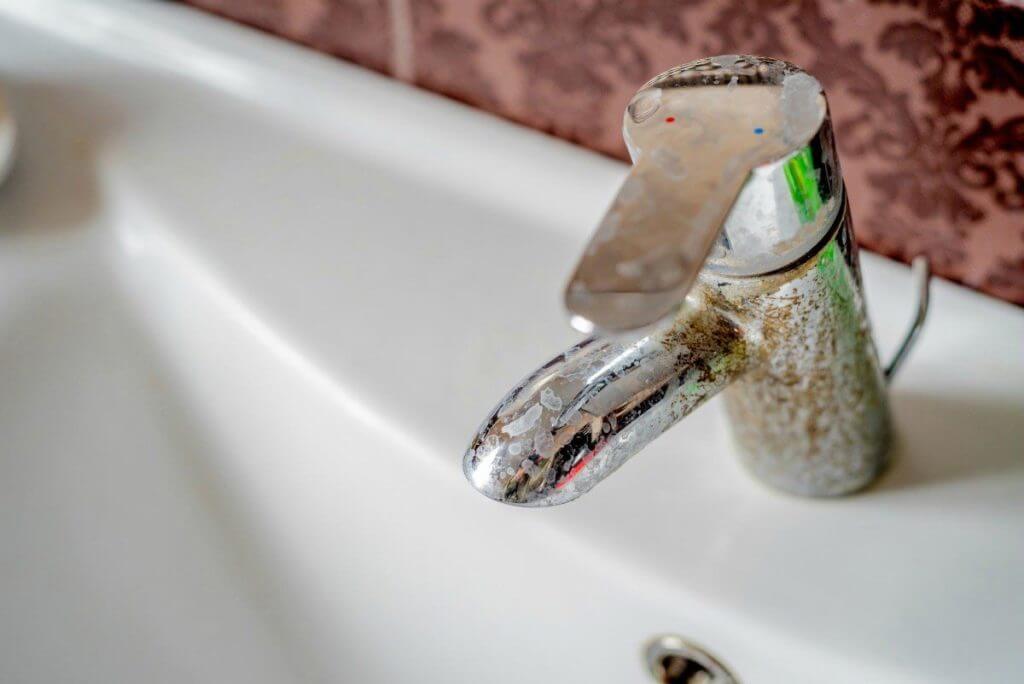
The Problem with Hard Water
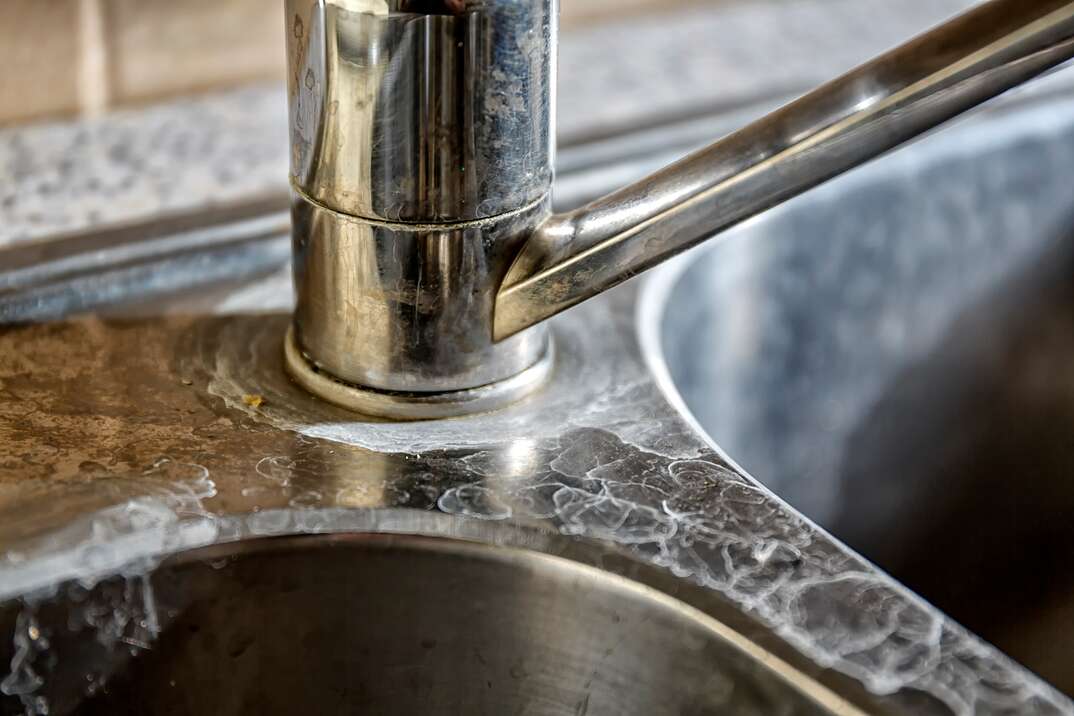 If you've noticed a chalky white or greenish residue on your kitchen sink and faucet, chances are you have hard water buildup. Hard water is caused by an excess of minerals, such as calcium and magnesium, in your water supply. While these minerals are not harmful to your health, they can wreak havoc on your plumbing fixtures and appliances.
If you've noticed a chalky white or greenish residue on your kitchen sink and faucet, chances are you have hard water buildup. Hard water is caused by an excess of minerals, such as calcium and magnesium, in your water supply. While these minerals are not harmful to your health, they can wreak havoc on your plumbing fixtures and appliances.
The Effects on Your Kitchen Sink and Faucet
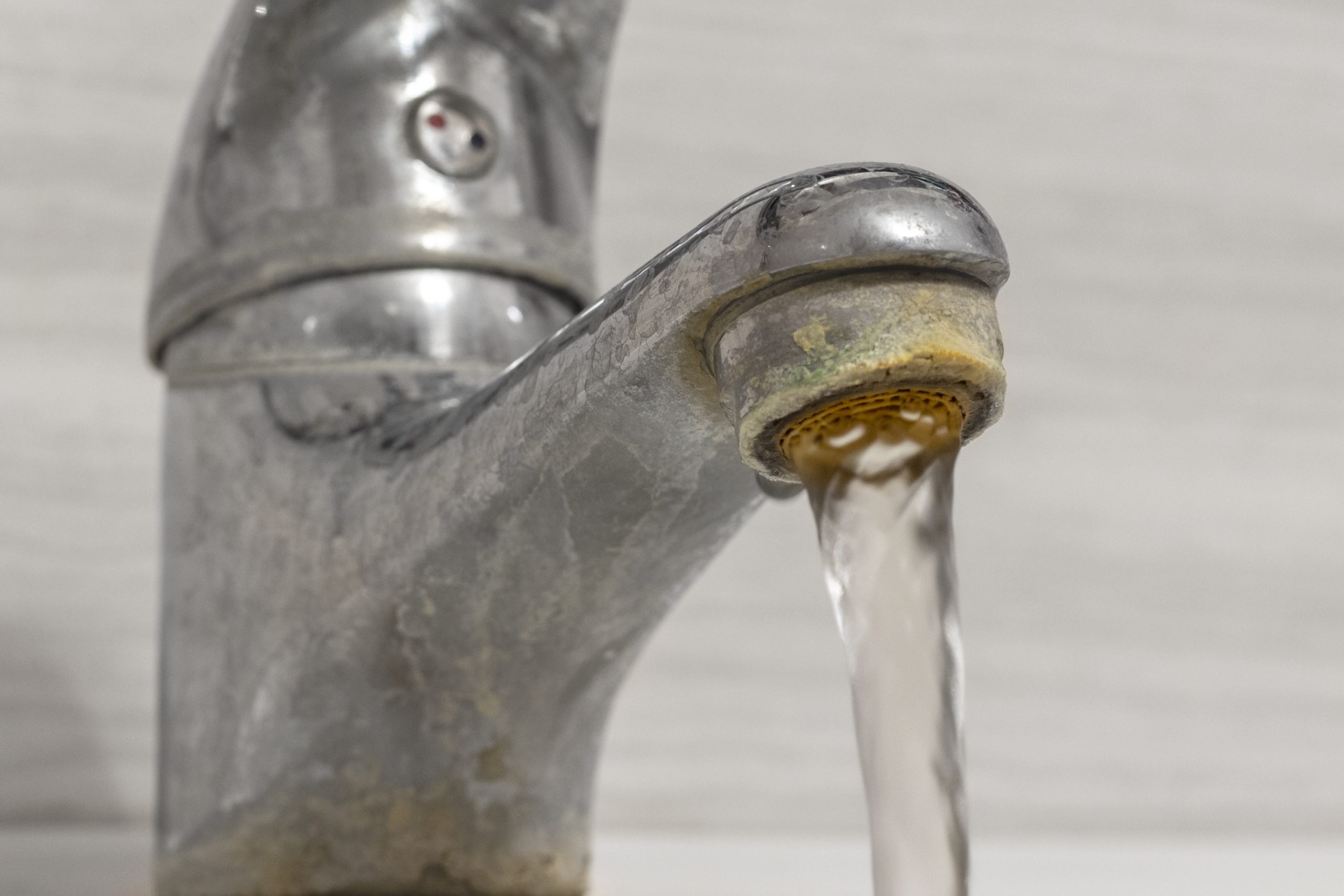 When hard water is constantly flowing through your kitchen sink and faucet, it can leave behind a layer of mineral deposits. Over time, these deposits can build up and cause blockages in your drain, making it difficult for water to flow freely. This can lead to clogs and backups, which can be frustrating to deal with and may require costly repairs.
The minerals in hard water can also cause damage to your faucet. The buildup can lead to corrosion and rusting, which can affect the functionality of your faucet. It may become difficult to turn on and off, or you may notice a decrease in water pressure. These issues not only make it inconvenient to use your kitchen sink, but they can also decrease the lifespan of your faucet.
When hard water is constantly flowing through your kitchen sink and faucet, it can leave behind a layer of mineral deposits. Over time, these deposits can build up and cause blockages in your drain, making it difficult for water to flow freely. This can lead to clogs and backups, which can be frustrating to deal with and may require costly repairs.
The minerals in hard water can also cause damage to your faucet. The buildup can lead to corrosion and rusting, which can affect the functionality of your faucet. It may become difficult to turn on and off, or you may notice a decrease in water pressure. These issues not only make it inconvenient to use your kitchen sink, but they can also decrease the lifespan of your faucet.
Prevention and Solutions
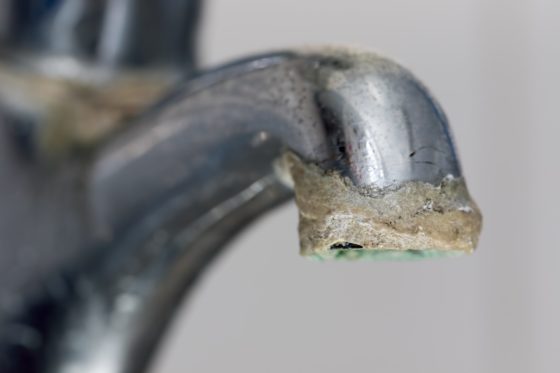 Fortunately, there are steps you can take to prevent and remove hard water buildup in your kitchen sink and faucet. One option is to install a water softener, which works by removing the excess minerals from your water supply. This will not only prevent buildup in your plumbing fixtures, but it will also have a positive impact on your skin, hair, and laundry.
For existing buildup, there are various cleaning solutions that can effectively remove the mineral deposits from your sink and faucet. You can also try using natural remedies, such as white vinegar and baking soda, to safely and effectively clean your kitchen fixtures.
Fortunately, there are steps you can take to prevent and remove hard water buildup in your kitchen sink and faucet. One option is to install a water softener, which works by removing the excess minerals from your water supply. This will not only prevent buildup in your plumbing fixtures, but it will also have a positive impact on your skin, hair, and laundry.
For existing buildup, there are various cleaning solutions that can effectively remove the mineral deposits from your sink and faucet. You can also try using natural remedies, such as white vinegar and baking soda, to safely and effectively clean your kitchen fixtures.
The Importance of Regular Maintenance
 In addition to prevention and cleaning, regular maintenance of your kitchen sink and faucet is crucial in avoiding hard water buildup. This includes regularly scrubbing and cleaning your sink, as well as checking for any leaks or corrosion on your faucet. By staying on top of maintenance, you can prolong the life of your fixtures and avoid costly repairs down the road.
In addition to prevention and cleaning, regular maintenance of your kitchen sink and faucet is crucial in avoiding hard water buildup. This includes regularly scrubbing and cleaning your sink, as well as checking for any leaks or corrosion on your faucet. By staying on top of maintenance, you can prolong the life of your fixtures and avoid costly repairs down the road.
Conclusion
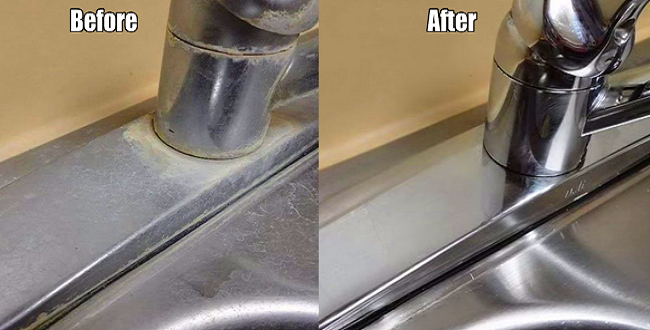 In conclusion, hard water buildup can have a significant impact on your kitchen sink and faucet. It can lead to clogs, decreased water pressure, and damage to your fixtures. However, by taking preventative measures and regularly maintaining your sink and faucet, you can avoid these issues and keep your kitchen in top shape. Don't let hard water get the best of your plumbing fixtures – take action today to keep them functioning properly for years to come.
In conclusion, hard water buildup can have a significant impact on your kitchen sink and faucet. It can lead to clogs, decreased water pressure, and damage to your fixtures. However, by taking preventative measures and regularly maintaining your sink and faucet, you can avoid these issues and keep your kitchen in top shape. Don't let hard water get the best of your plumbing fixtures – take action today to keep them functioning properly for years to come.
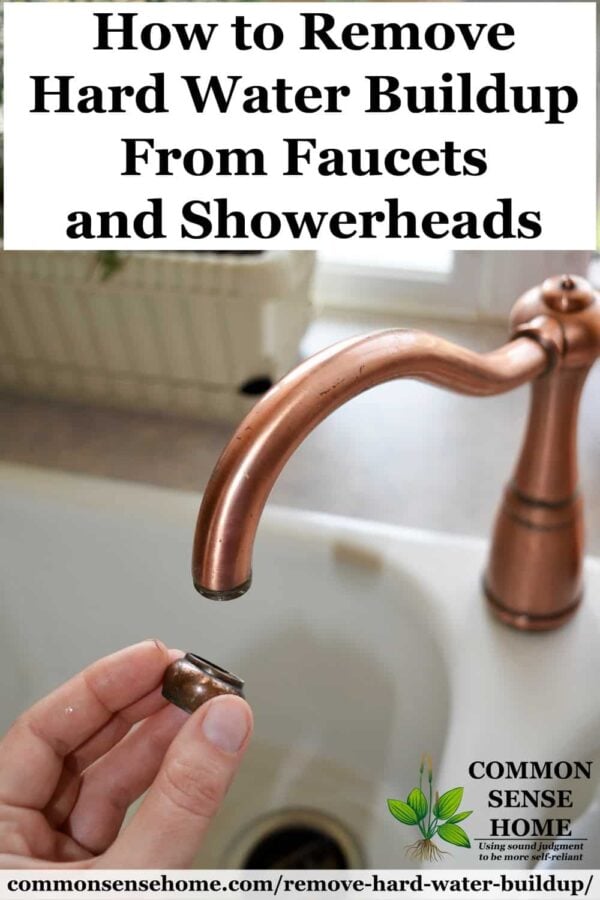


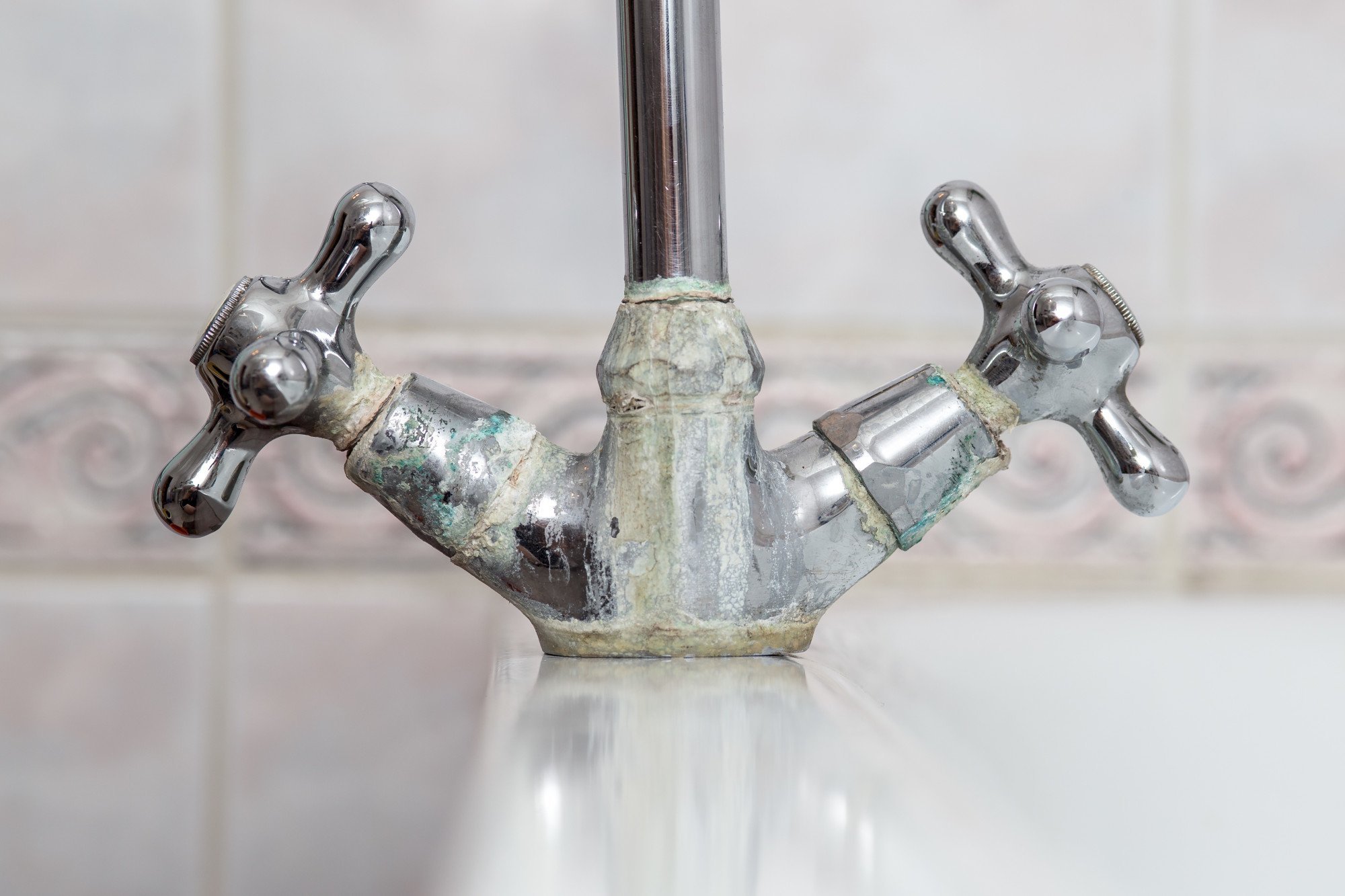
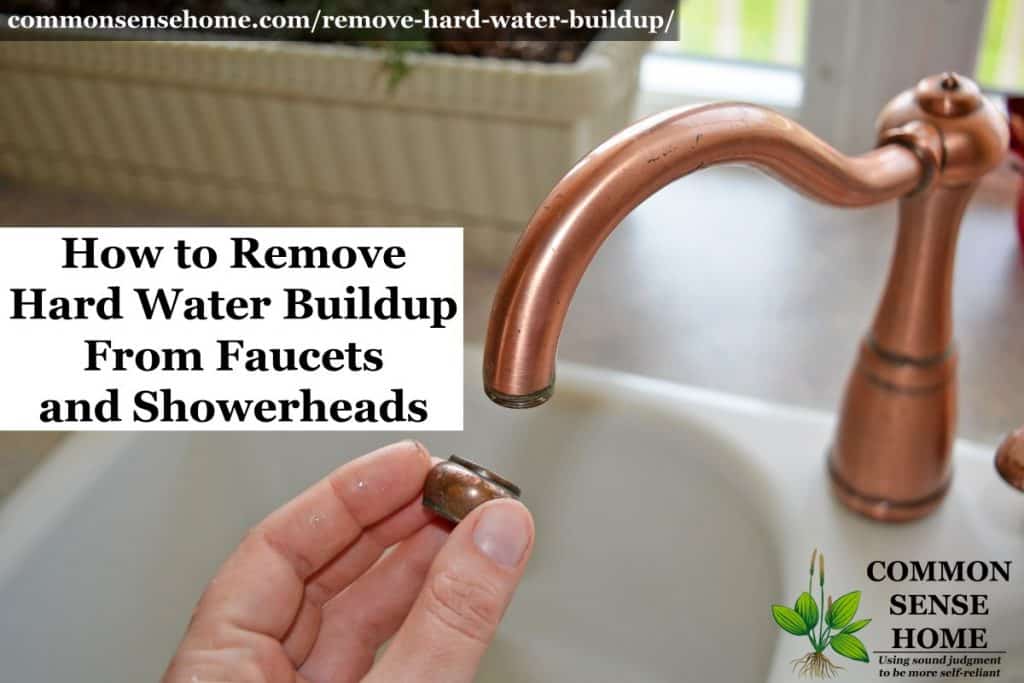

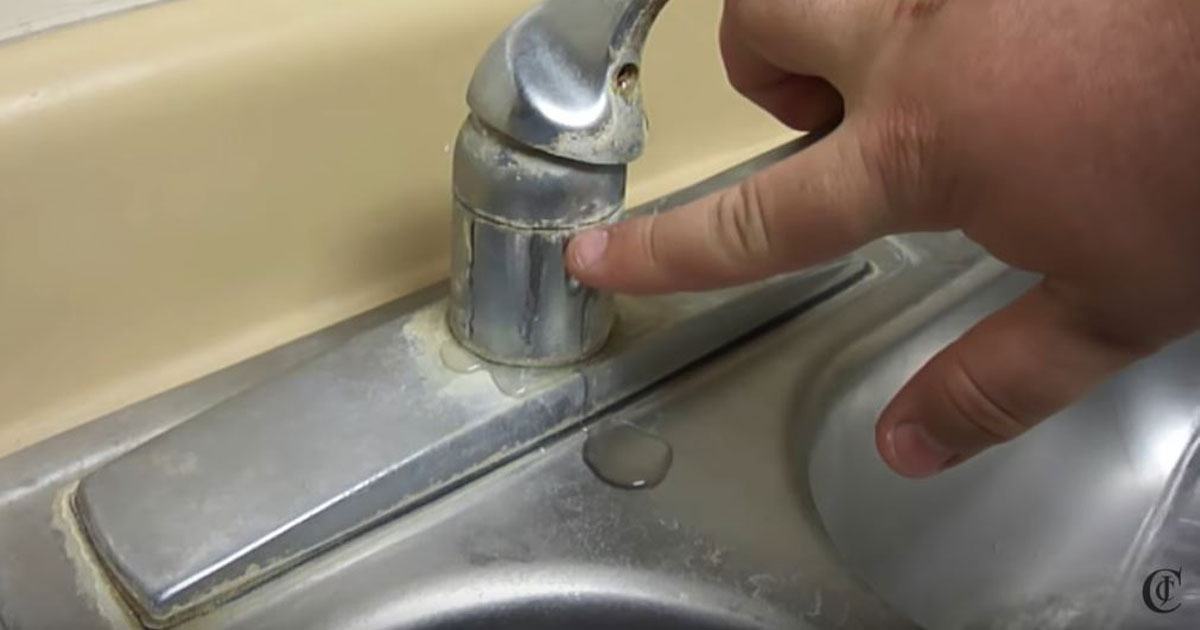
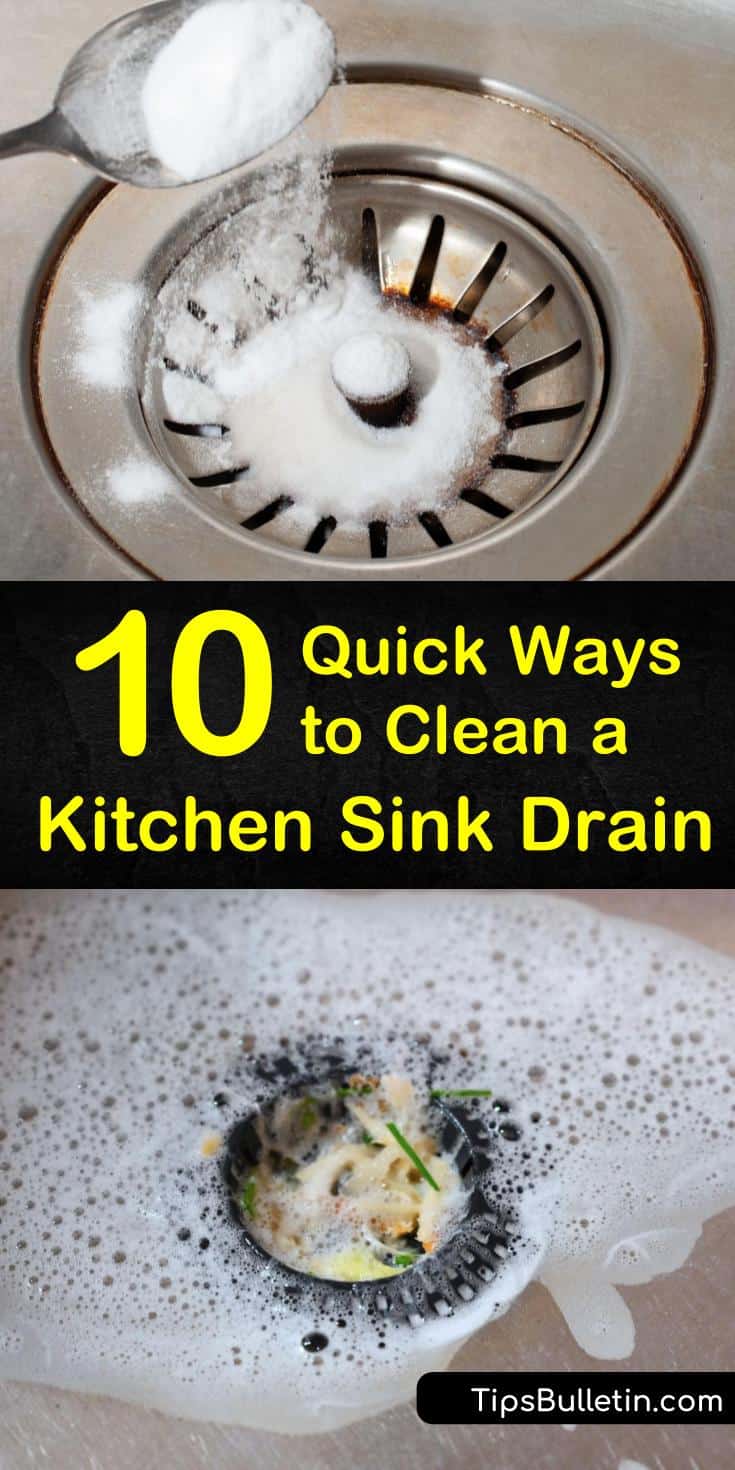
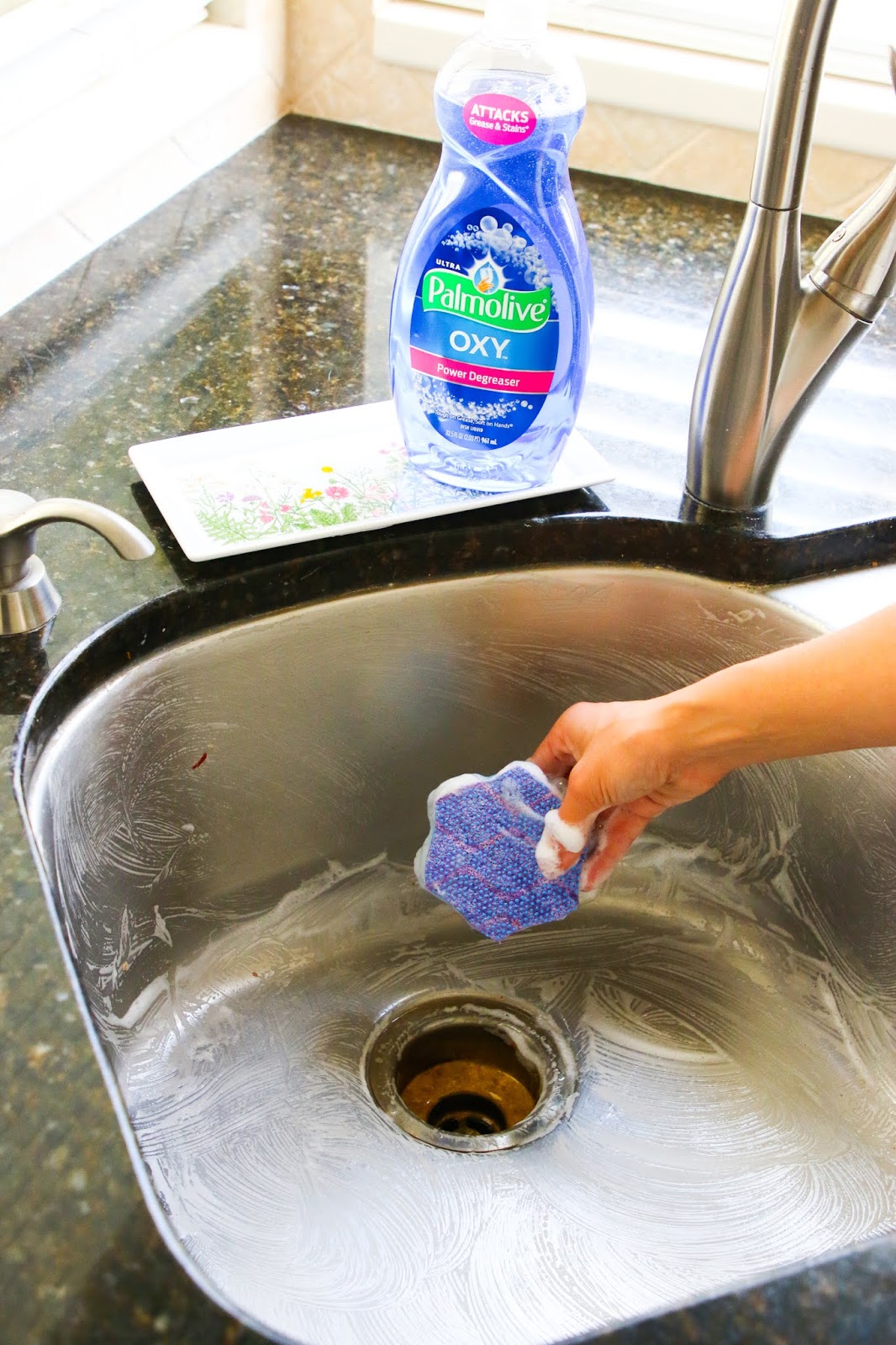

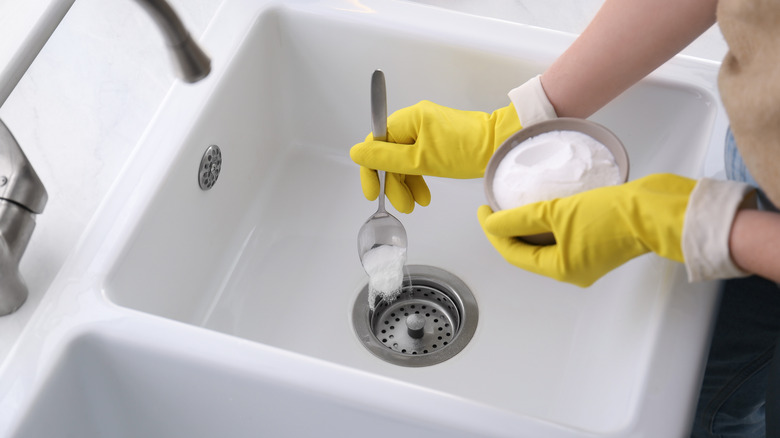



:max_bytes(150000):strip_icc()/freshen-and-unclog-drain-with-baking-soda-1900466-22-bbf940b70afa4d5abef0c54da23b1d3f.jpg)
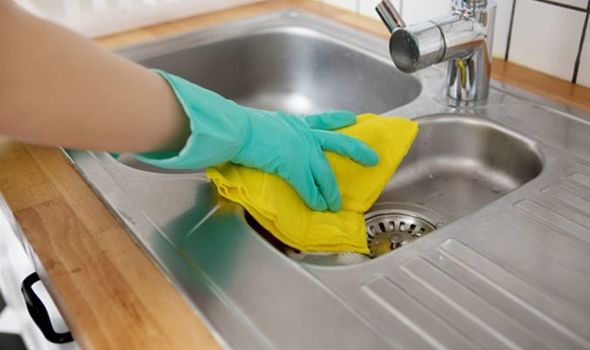
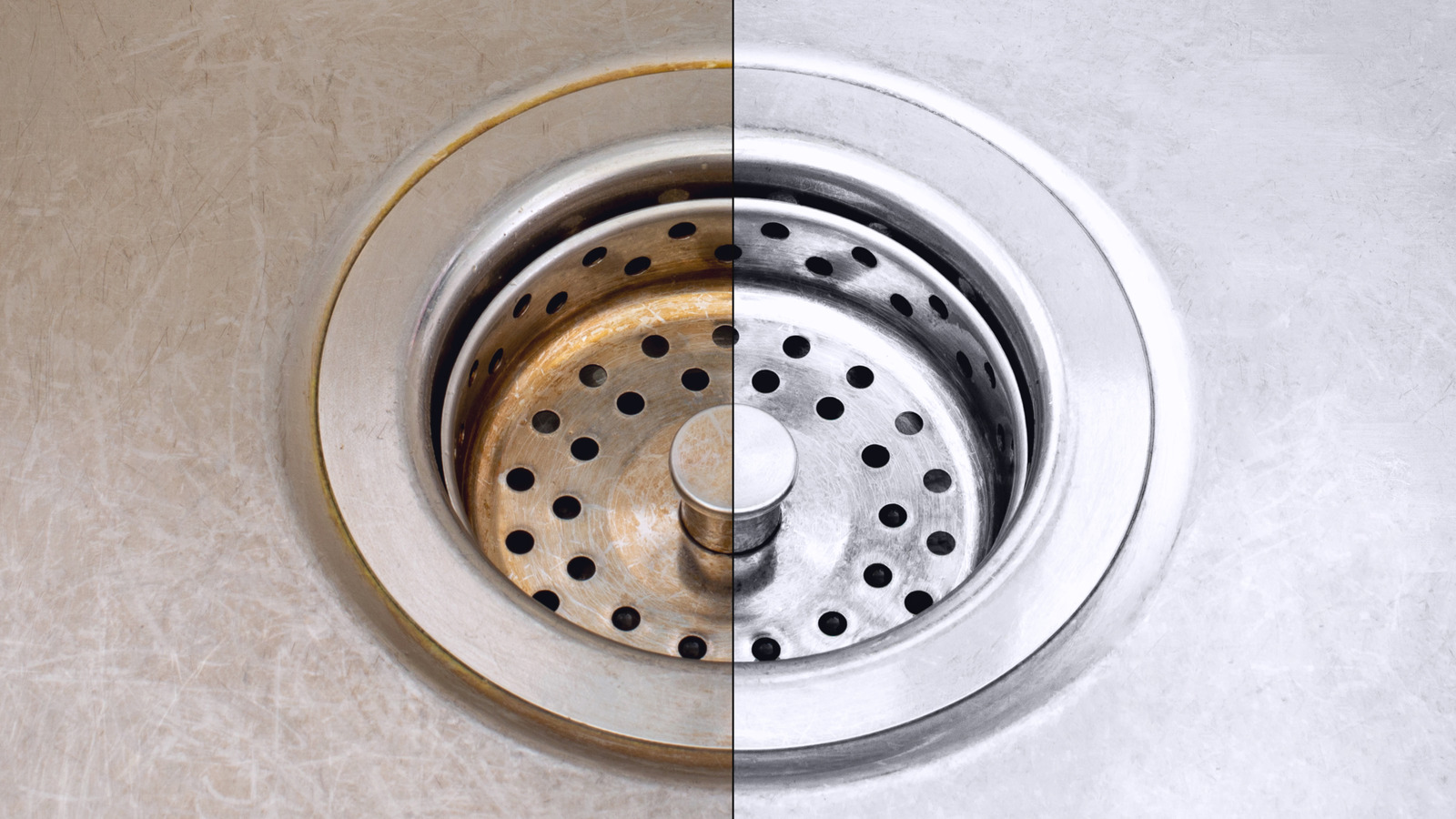
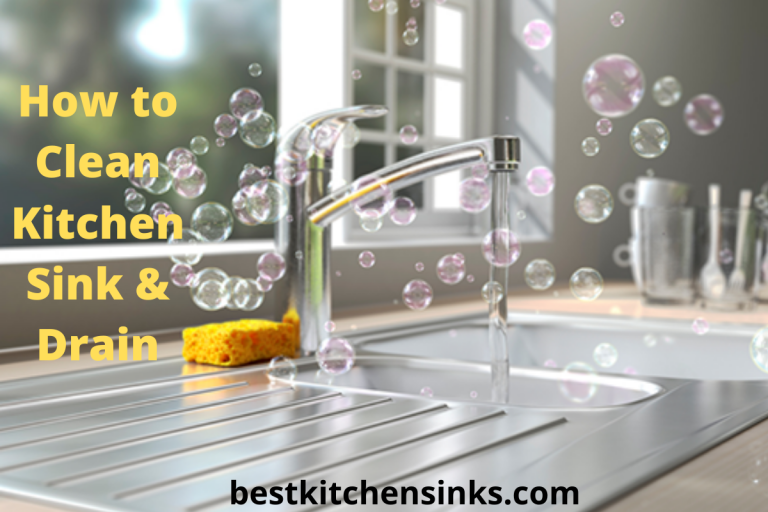









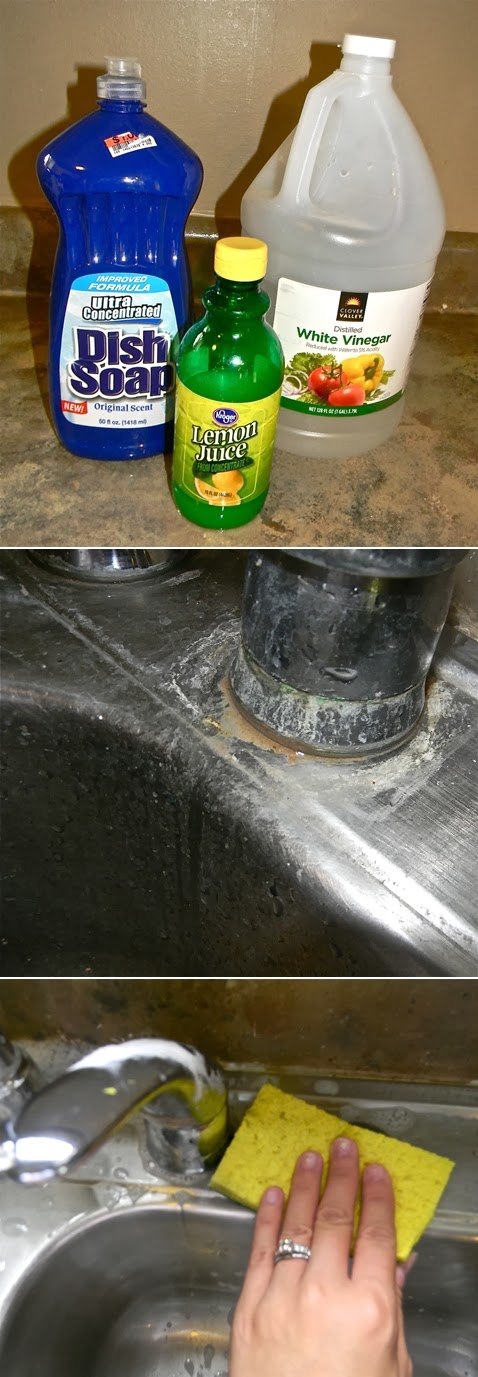



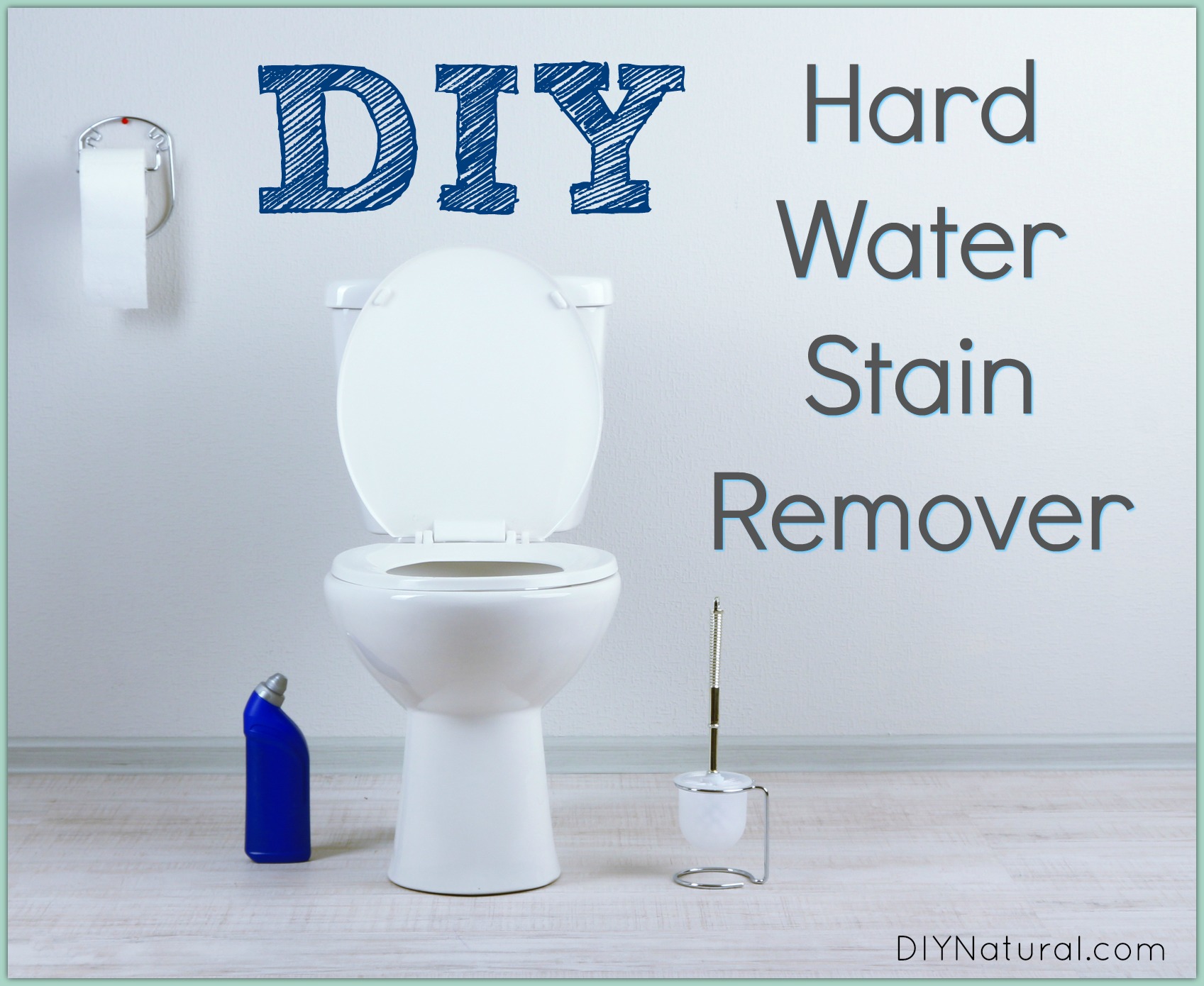


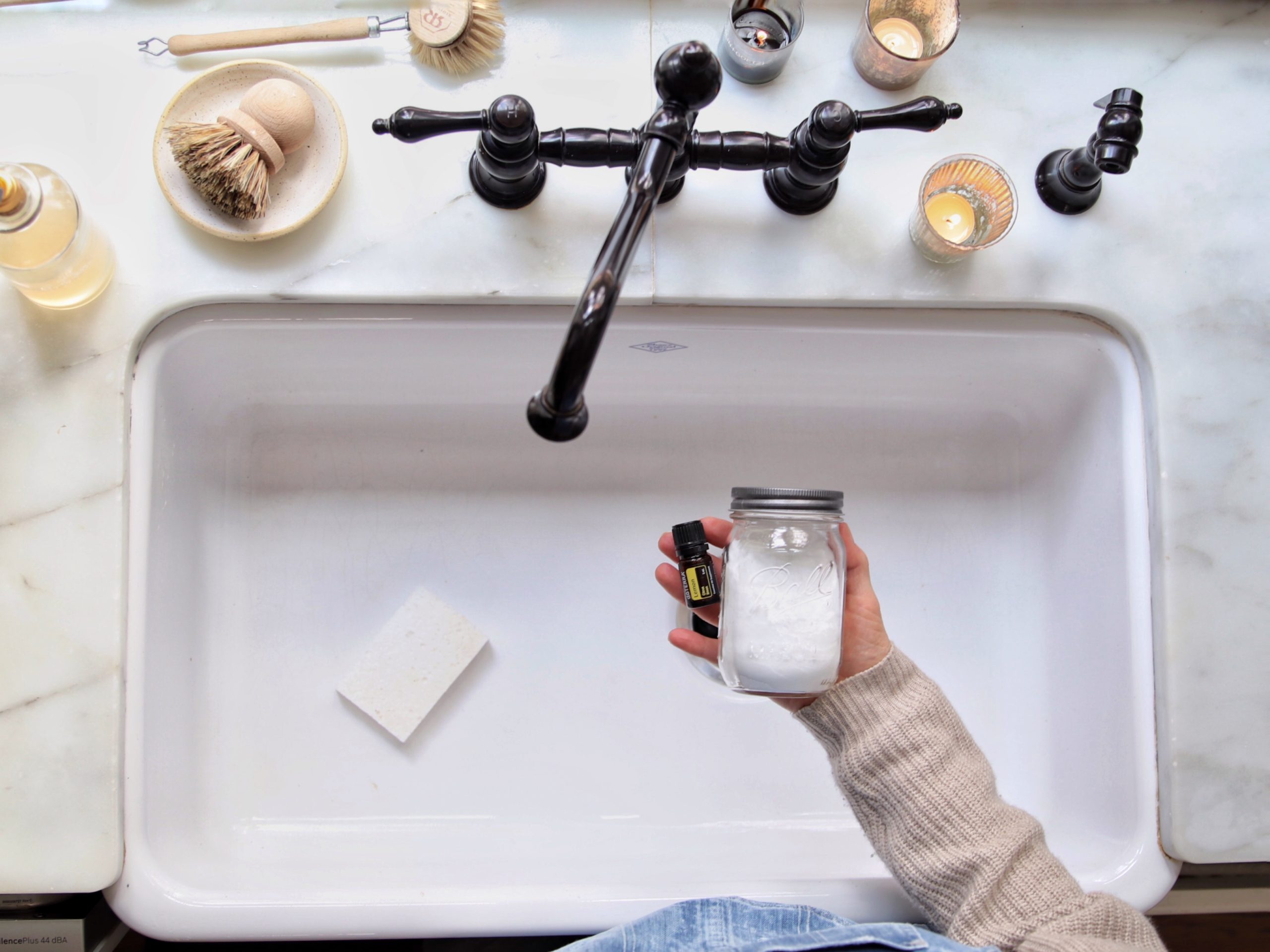




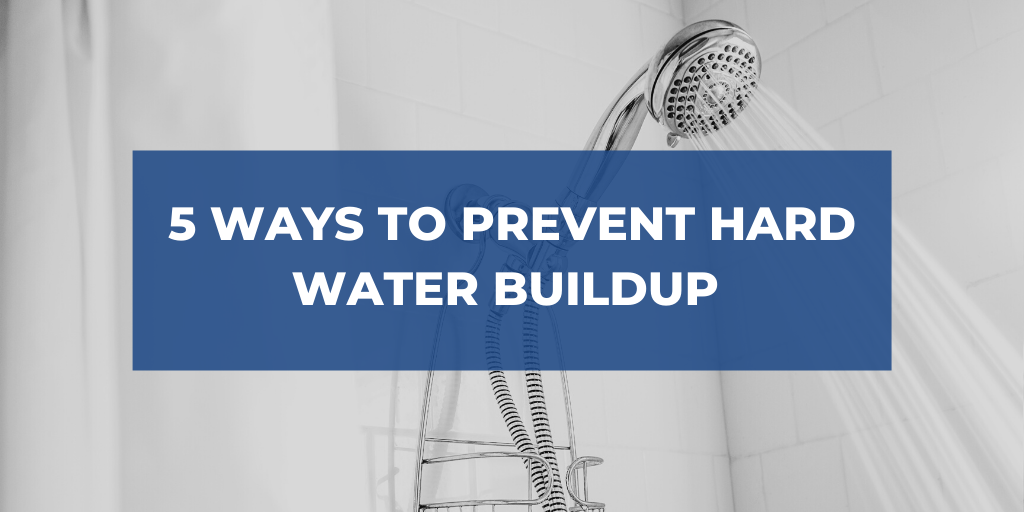
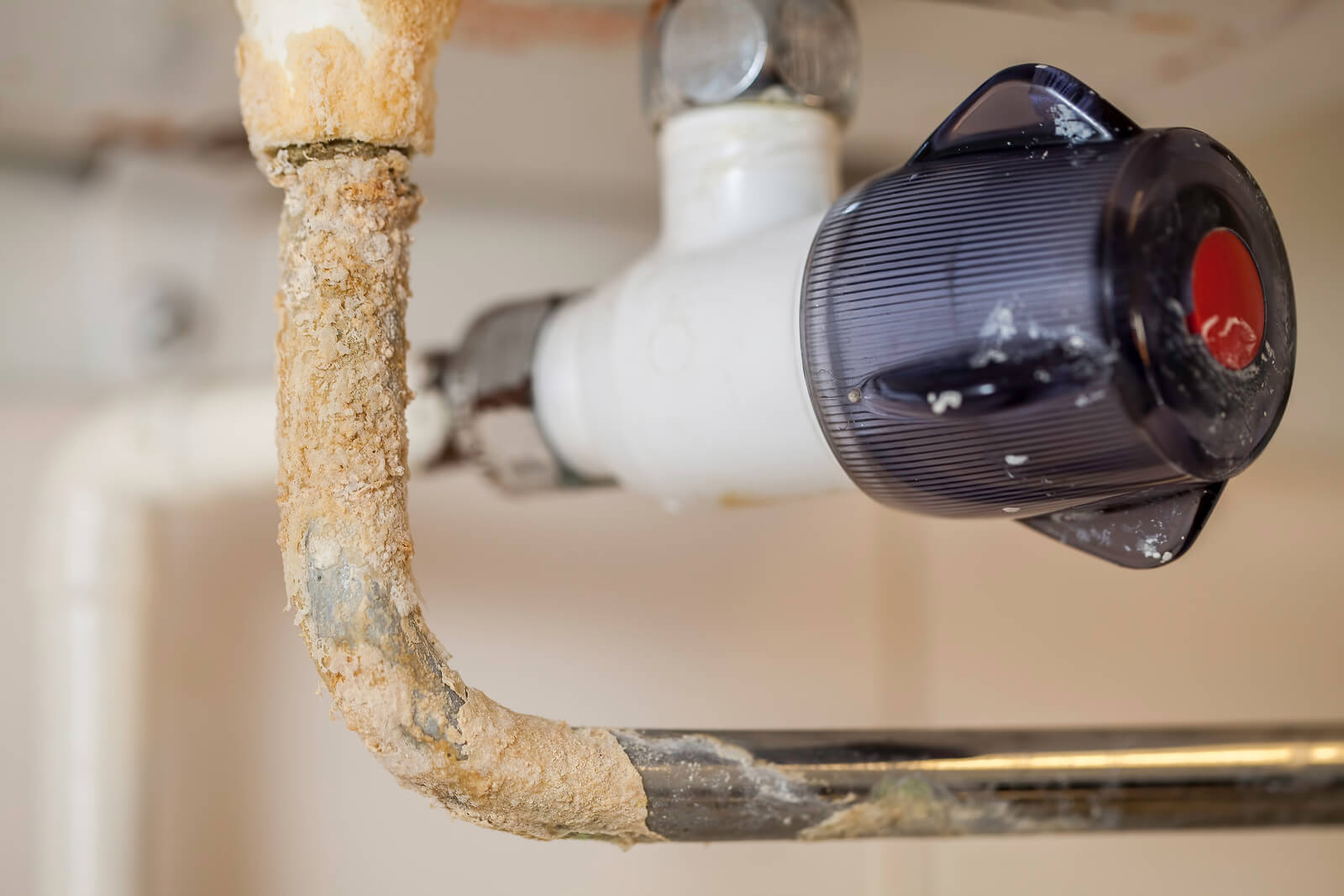


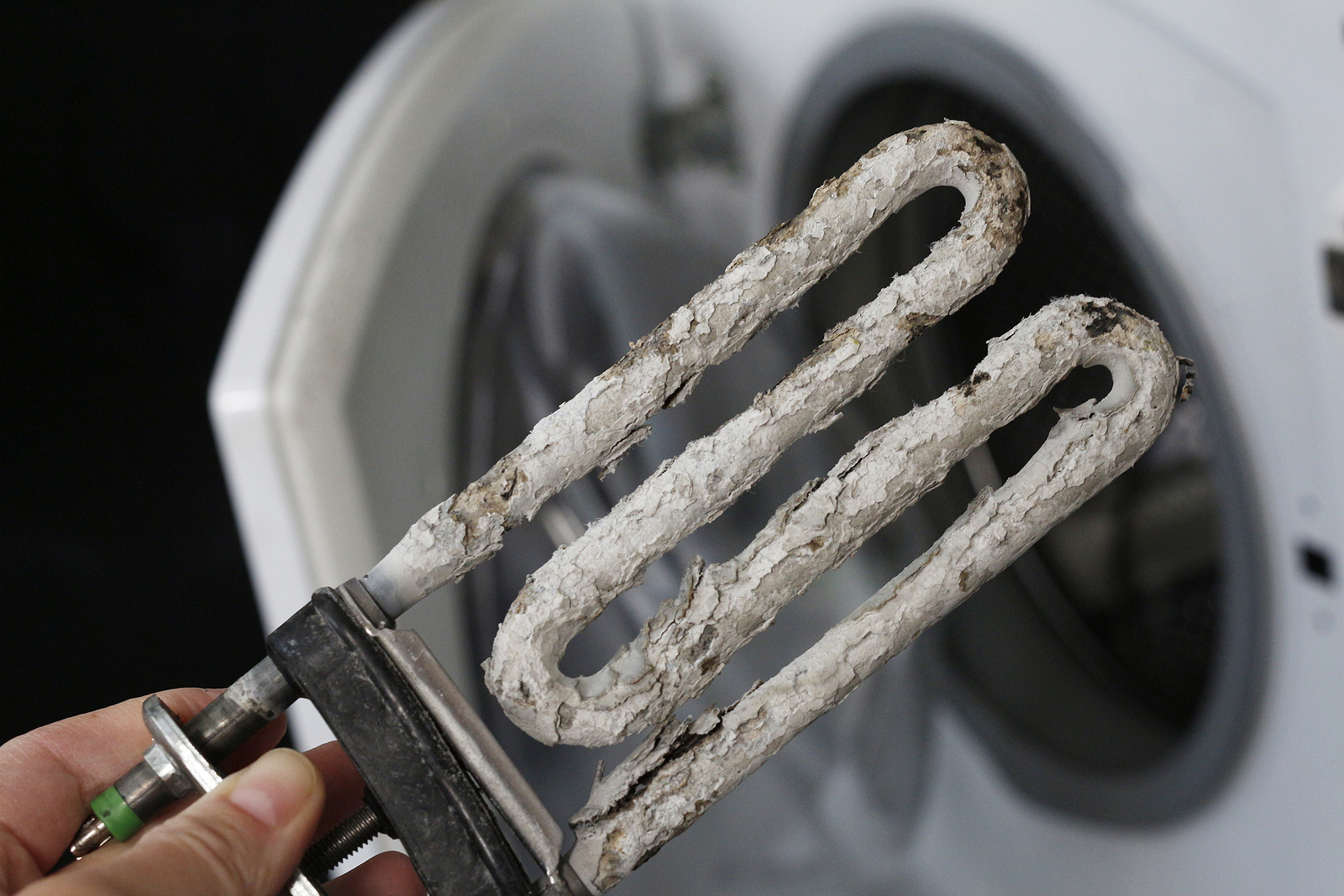

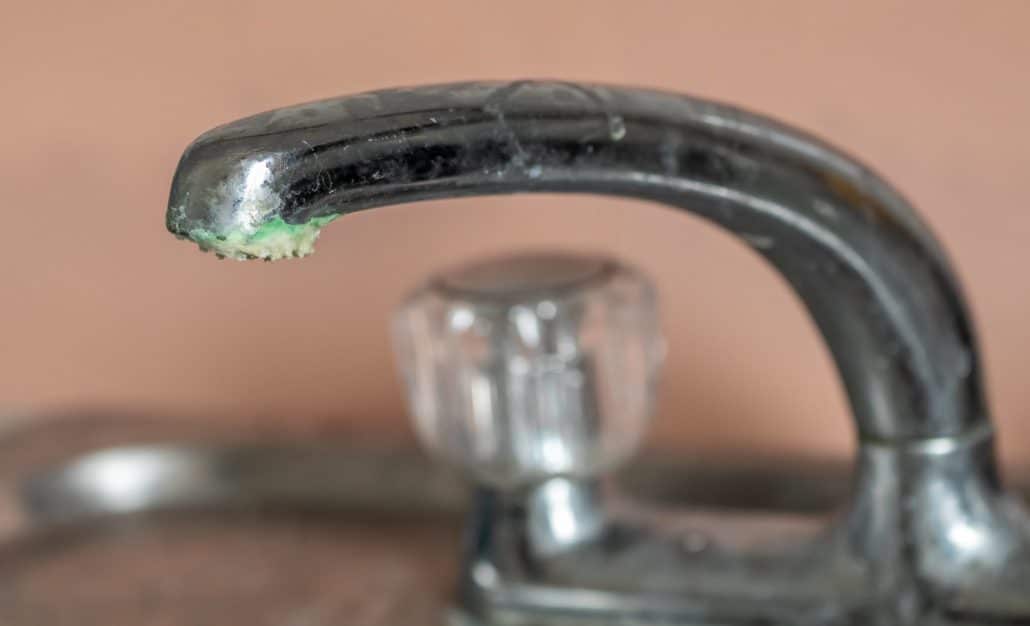


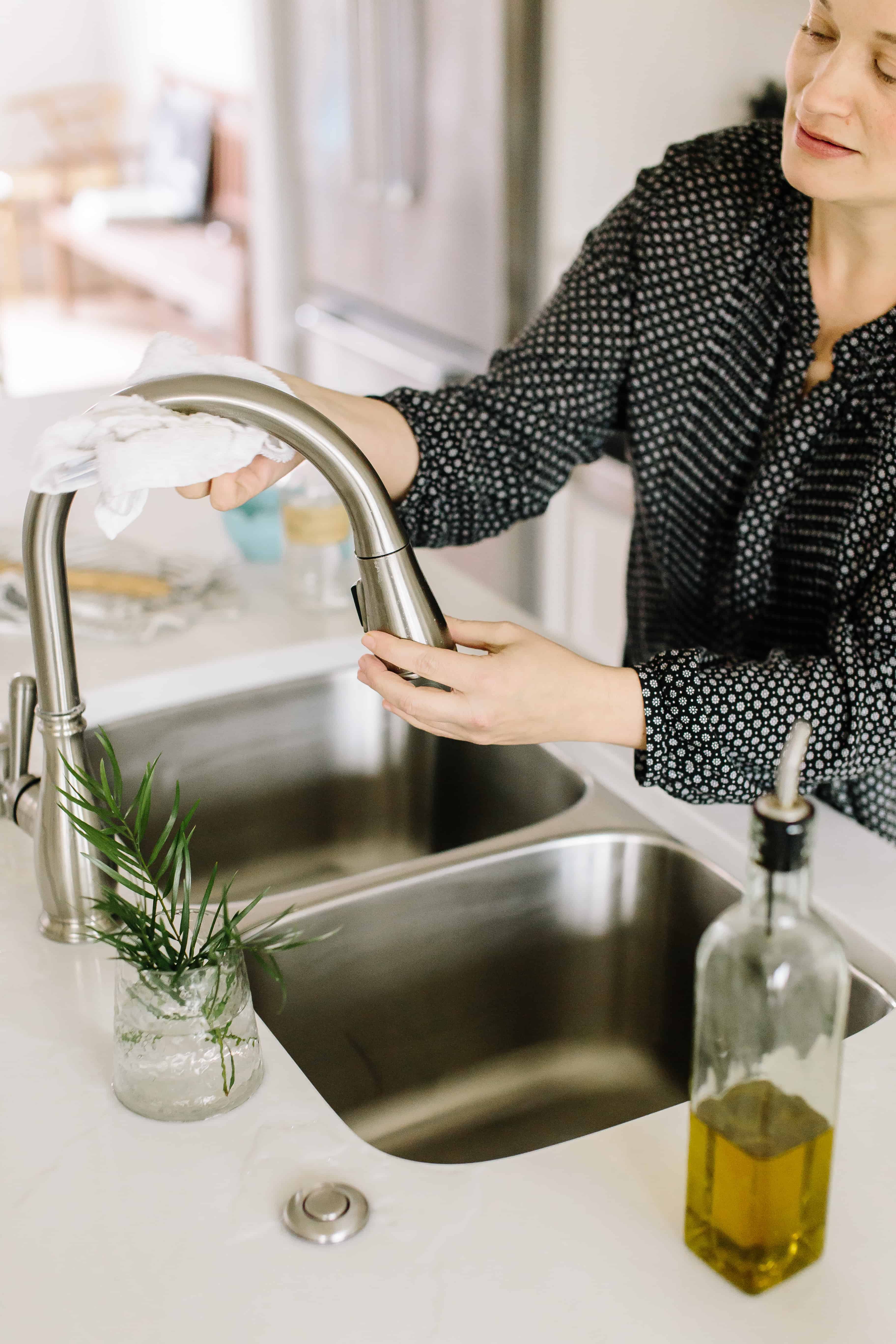






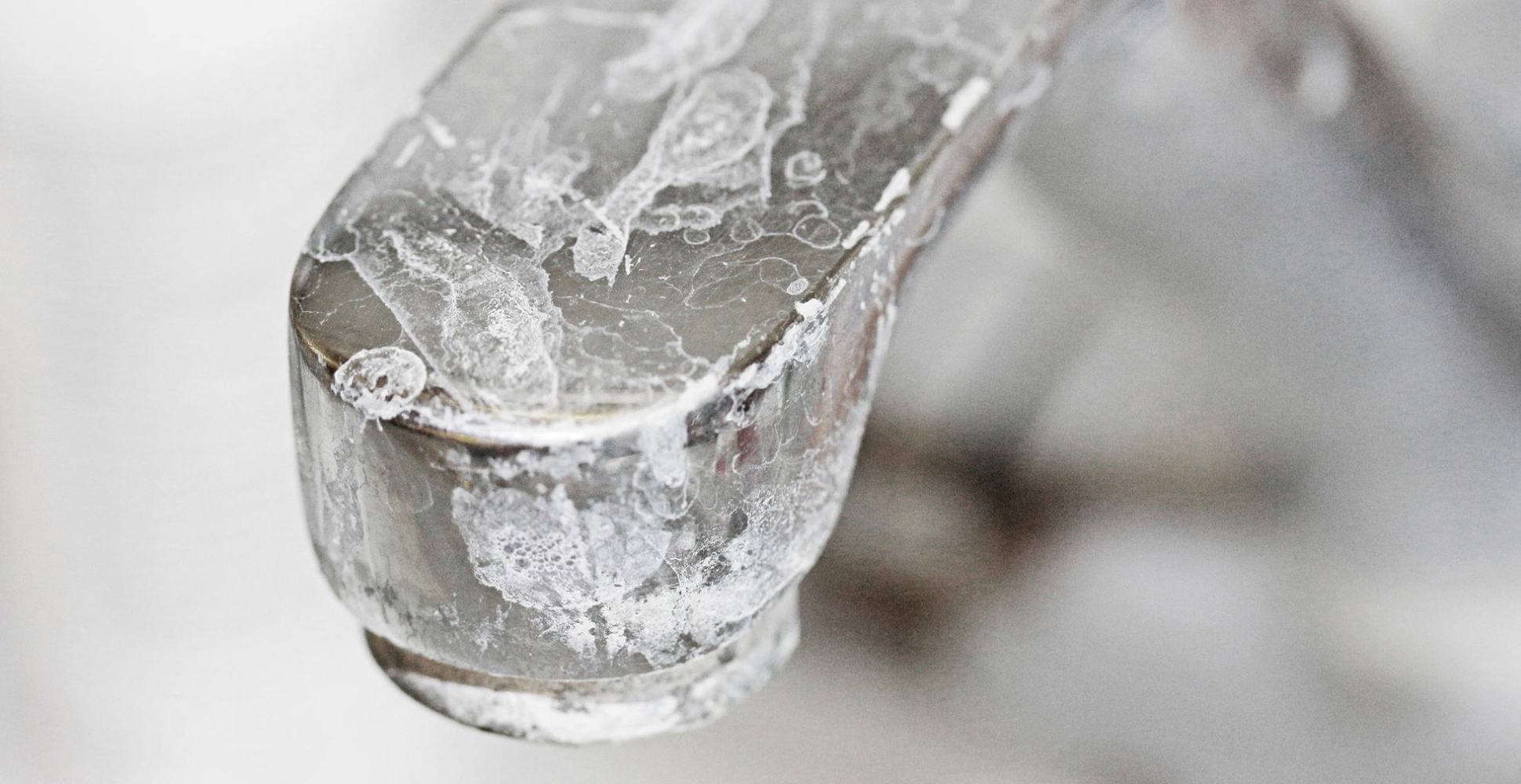


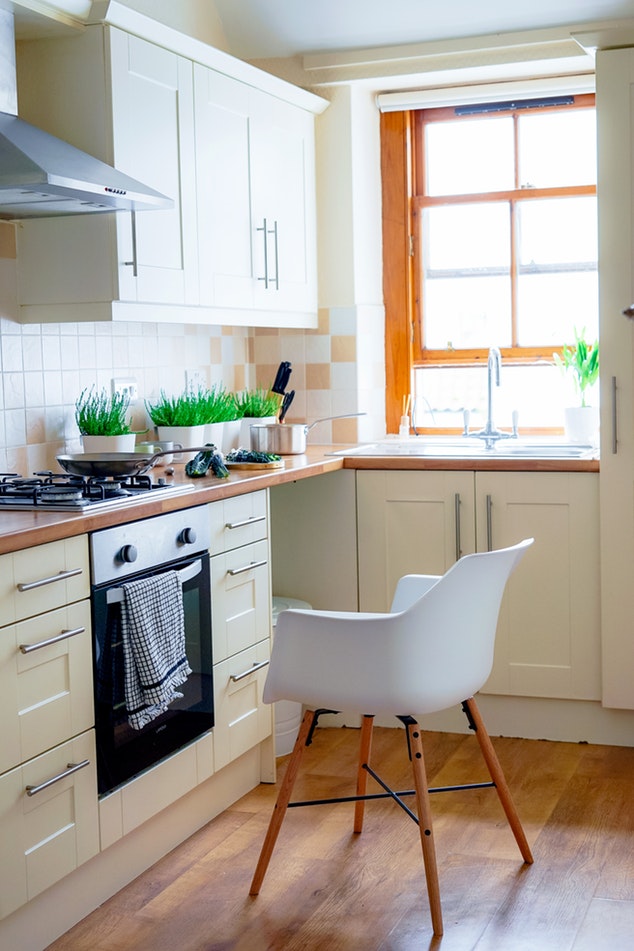
:max_bytes(150000):strip_icc()/freshen-and-unclog-drain-with-baking-soda-1900466-18-1a5b5da01939471ca8f8823865bd1ce8.jpg)


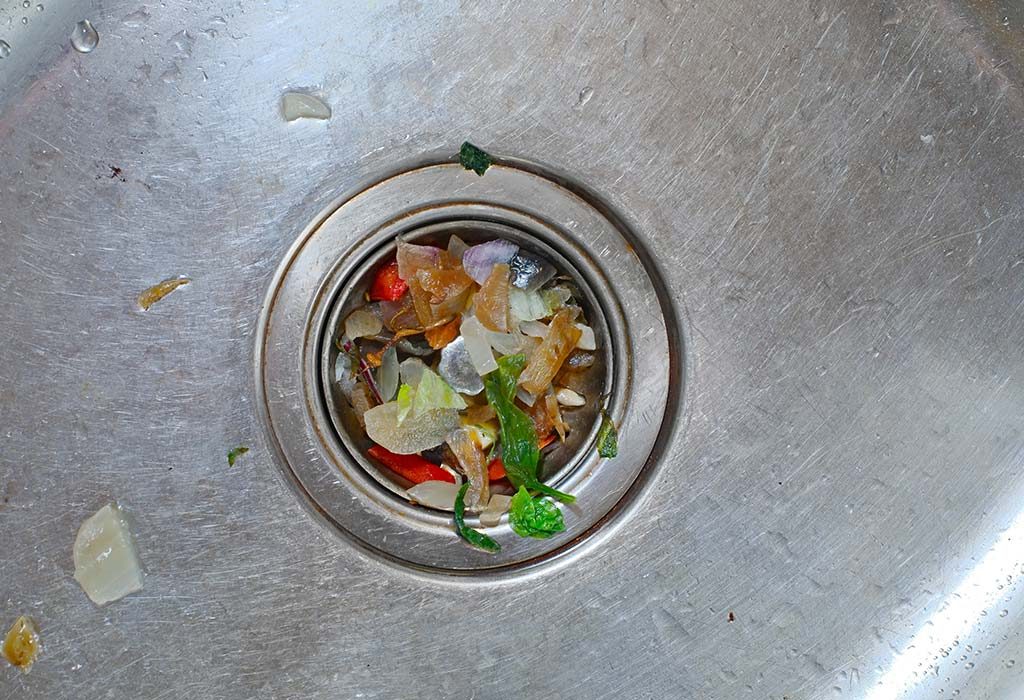
:max_bytes(150000):strip_icc()/how-to-unclog-a-kitchen-sink-2718799_sketch_FINAL-8c5caa805a69493ab22dfb537c72a1b7.png)







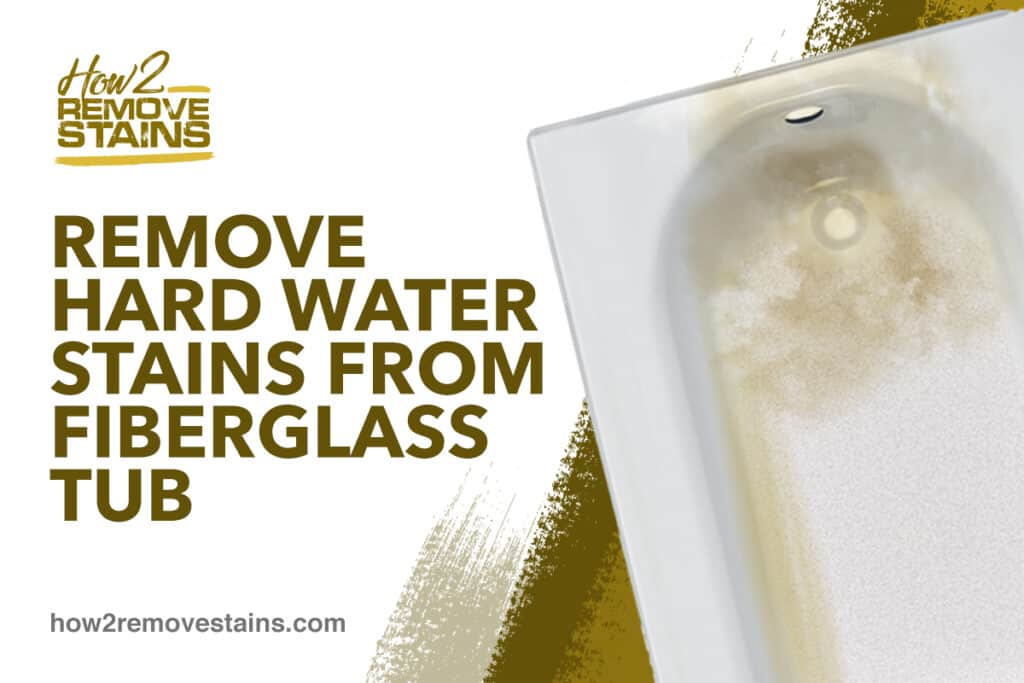
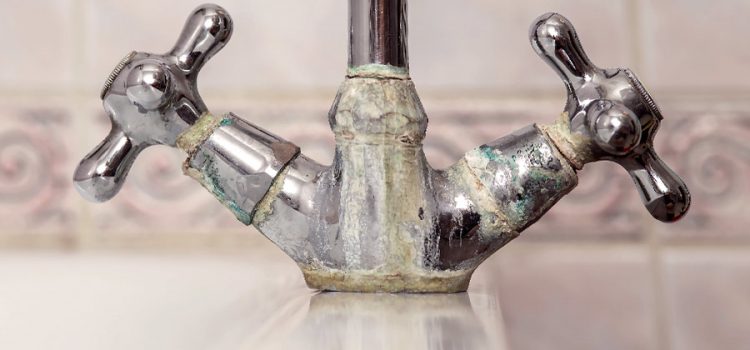
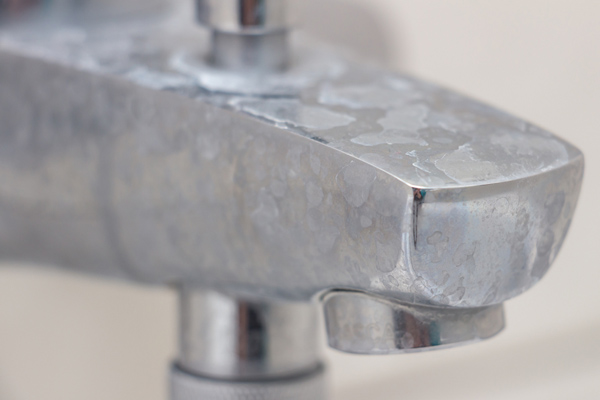



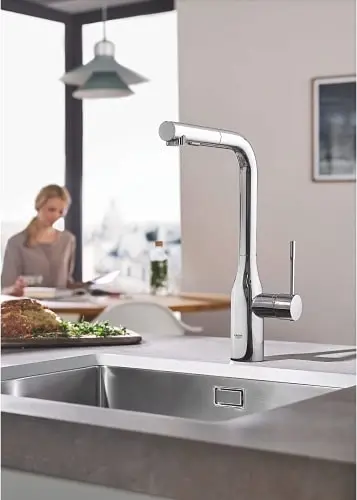
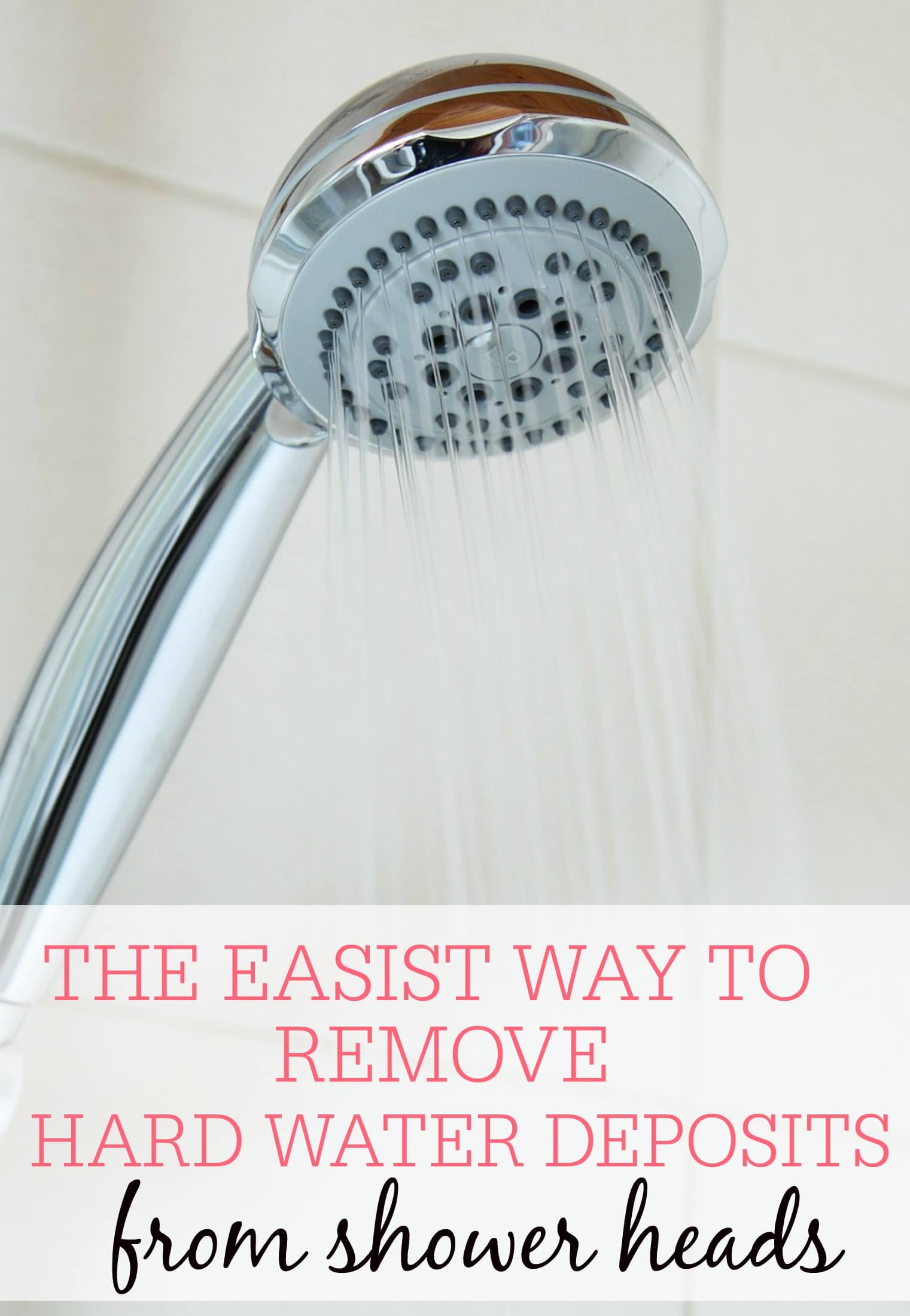
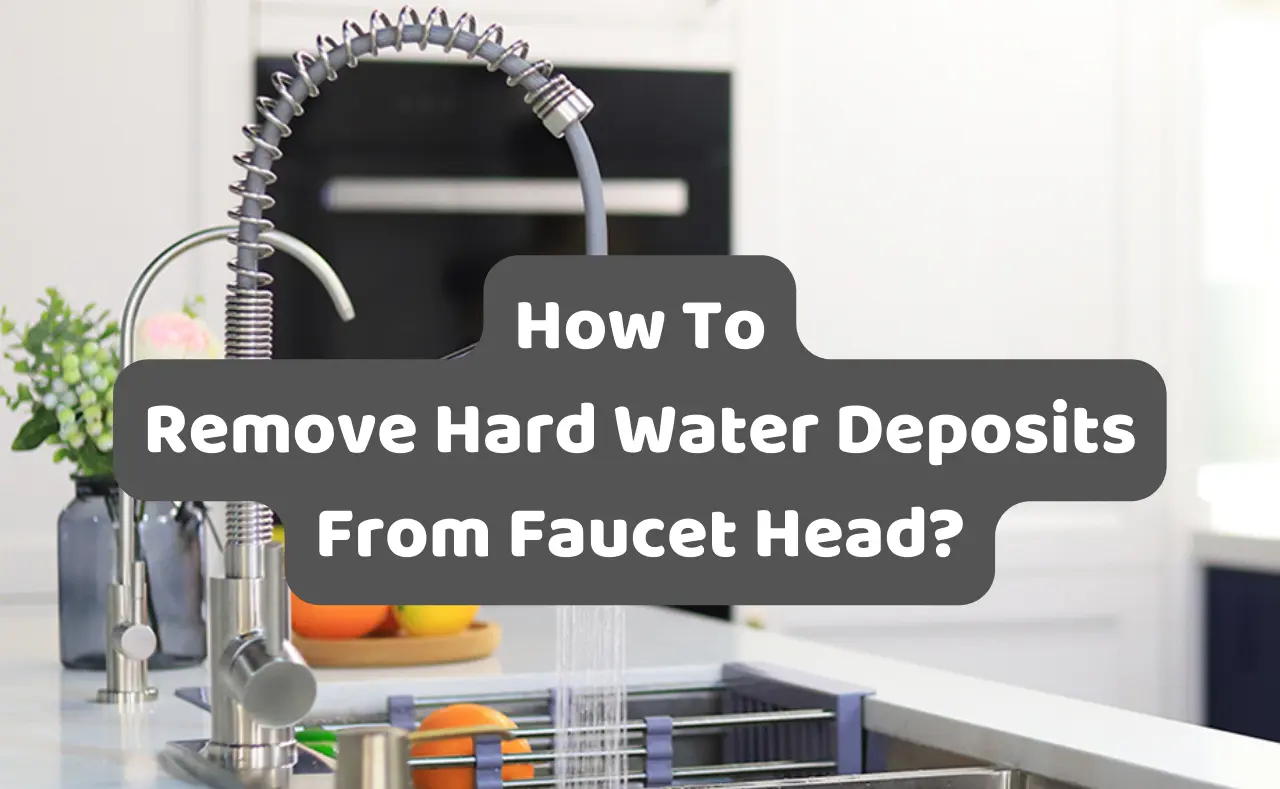
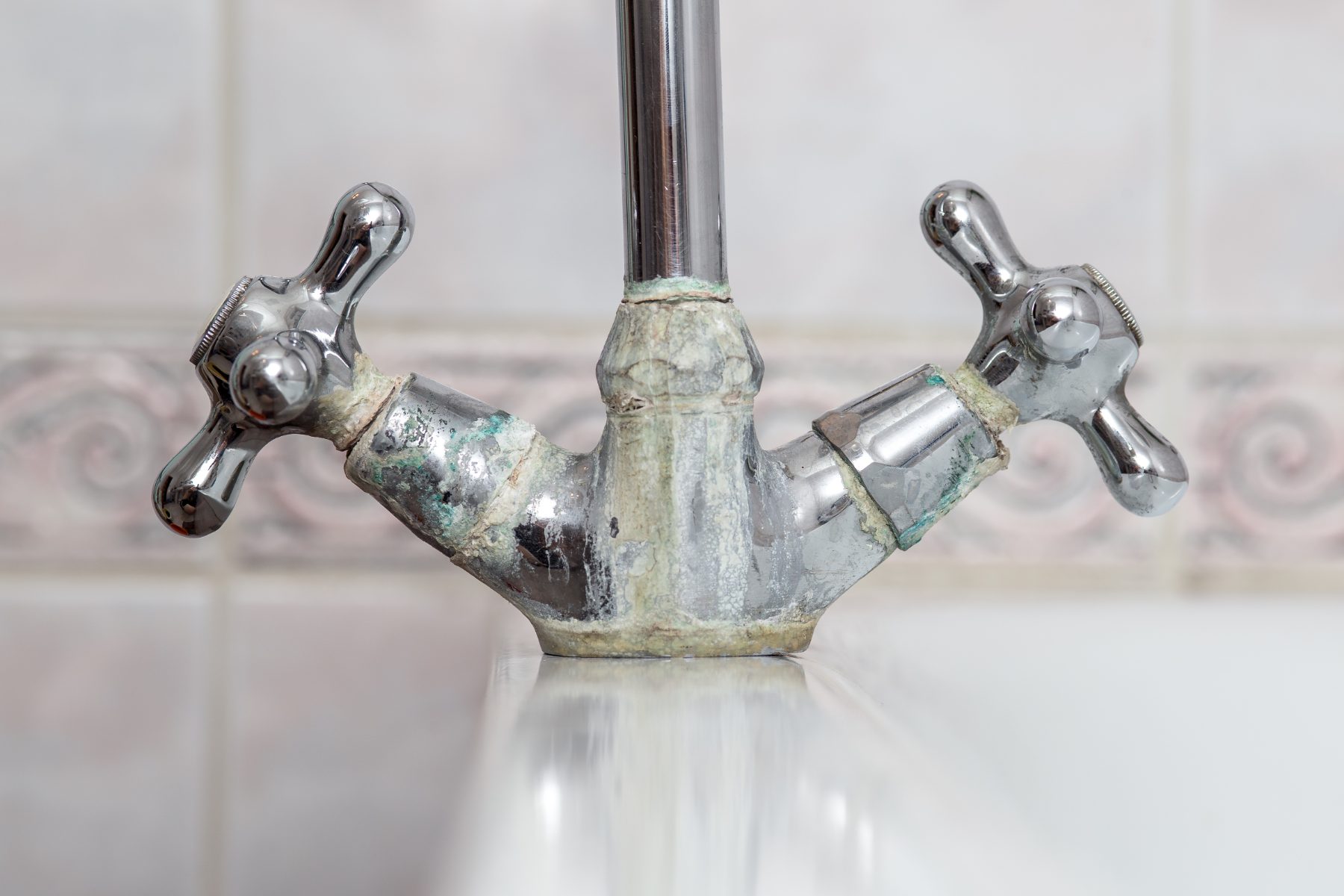






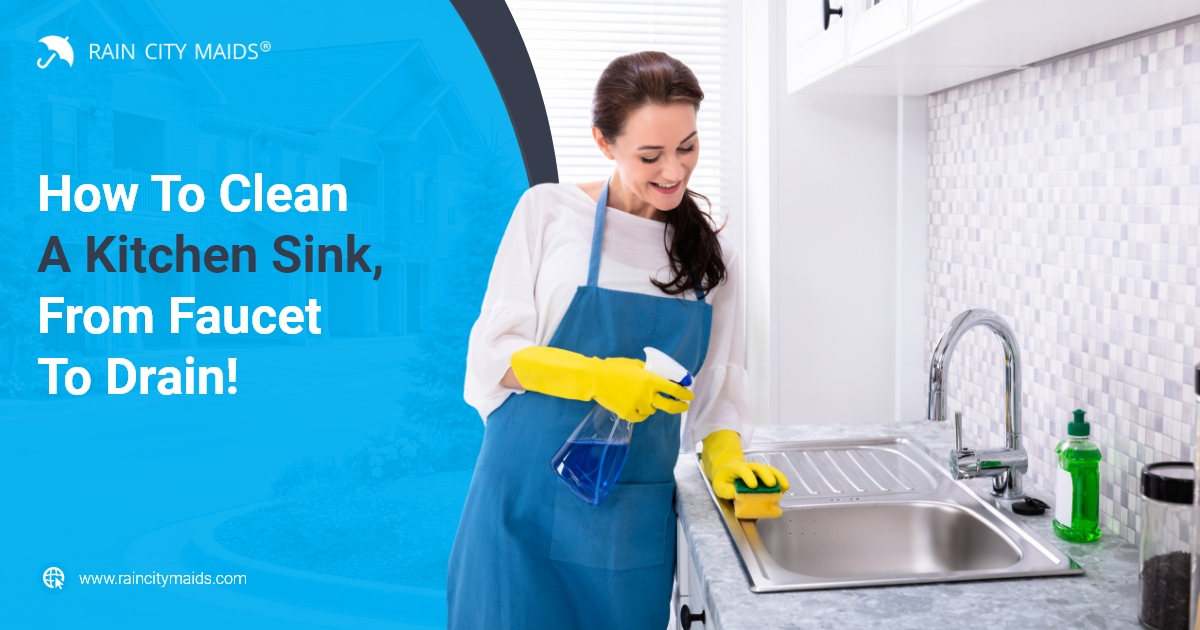


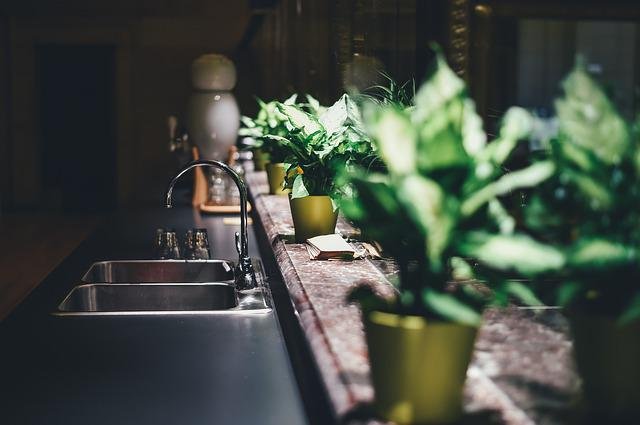
:max_bytes(150000):strip_icc()/how-to-clean-a-sink-faucet-1900294-02-40f1a01ad9bc4c44b829e64567ae3340.jpg)
